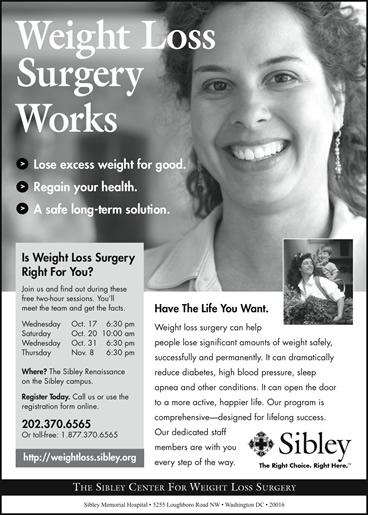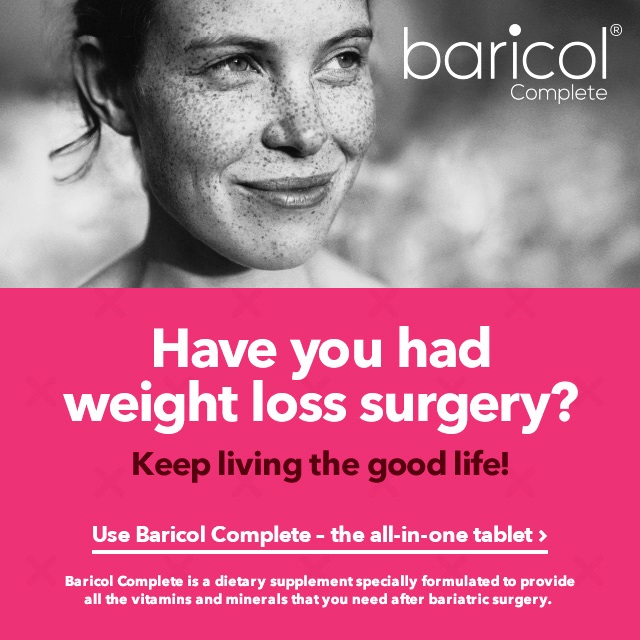Dieting During Menopause
Posted on July 14, 2018 in Uncategorized by timothywright00
After a woman turns 40, the life-altering process of “the change” looms overhead with an average age for the onset of menopause being 51 years old. Women are still concerned with staying fit and losing weight, but there are some things to be aware of when it comes to dieting and menopause.
Developing a game plan is needed to stay on track for hitting the weight loss and fitness goals that a woman has set for herself. The key points of dieting during menopause are eating less and exercising for developing strength and increasing muscle tone. A diet plan that is both healthy and accommodating should be chosen. Losing weight at any stage in a woman’s life is not easy, but when dieting during menopause, there are extra barriers that you may encounter.
Menopause brings changes within the body. Many bodies react differently during menopause, but for the most part, you may see an increase in your waistline, thinner skin, aching joints and muscles, lost muscle mass, as well as weight gain. It is unknown whether this is a reaction to having less estrogen in your system or simply a part of aging. These changes will affect dieting and exercising during menopause.
To make dieting during menopause easier, you should first consult your primary doctor before beginning a new weight loss program. The doctor can give you insight on how to incorporate your overall health, menopause symptoms and weight loss goals. When dieting during menopause, the symptoms, such as hot flashes and mood swings may be eased when taking natural supplements, such as black cohosh or soy isoflavones. Often, these symptoms can distract those dieting during menopause.
Another thing to keep in mind when dieting during menopause is that taking a diuretic or any other diet pills is quite dangerous. Losing weight too rapidly can do damage to your health at this stage of your life. Diuretics cause you to lose water weight when dieting during menopause. This is not what you want to achieve. You should aim to lose fat, not water. Losing too much water will cause a loss in vital potassium, which leads to weak muscles, as well as mental impairment.
Weight loss can be achieved through the use of laxatives for those dieting during menopause, but this is not the correct and healthy way to lose weight. Diarrhea comes with the use of laxatives, which hinders food absorption, as well as causes dehydration. Appetite suppressants are also not recommended. Side effects, such as heart palpitations, anxiety and insomnia may occur. When dieting during menopause, you should stick with a healthy, nutritious meal plan that is also balanced. Exercise should be consistent and matched appropriately with your physical abilities.


